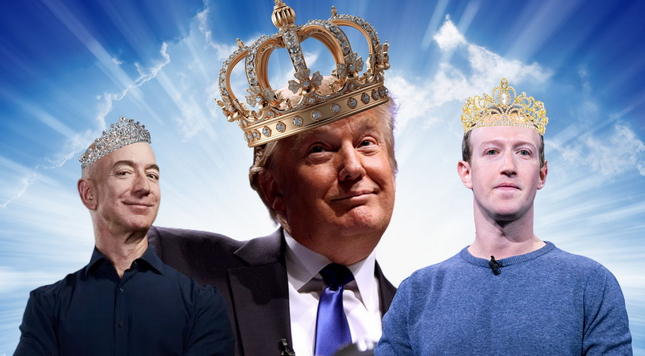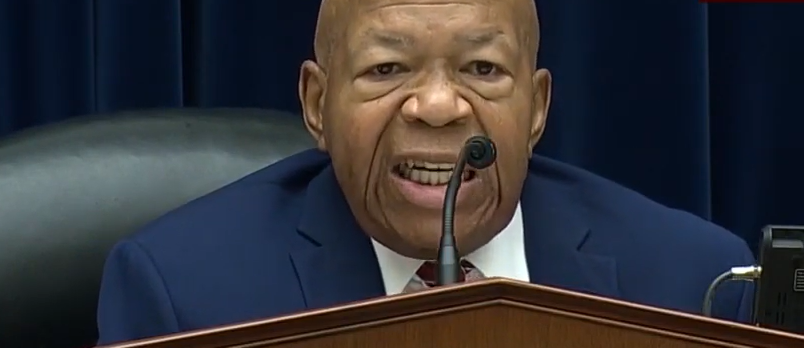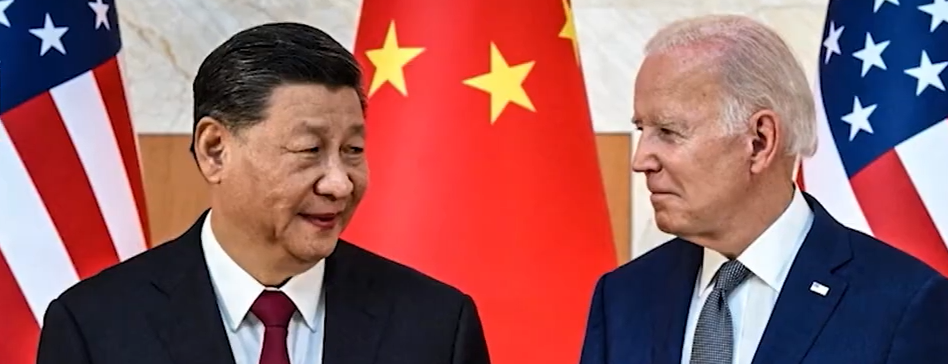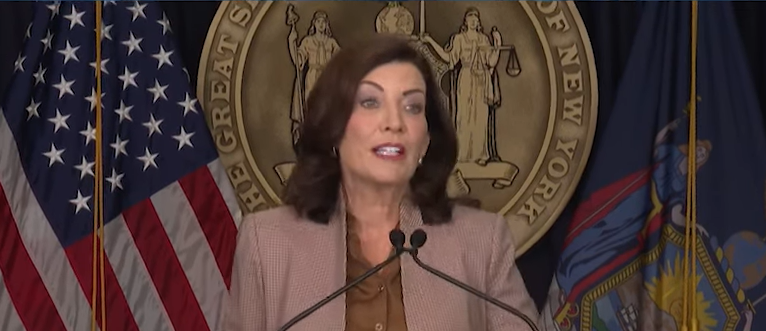Gen. Khalifa Hifter– CIA’s man in Libya?
Over the weekend fighting escalated in Libya and the U.S. military has planes on standby for the possible evacuation of American personnel from the U.S. Embassy in Tripoli, Libya—probably, amid fears of a repeat of the Sept. 11, 2012 attack at the embassy in Benghazi.
Isn’t the current chaos, in Libya, a clear indication Libya is fast becoming a “failed state” of anarchy and lawlessness?
On Monday, an unnamed defense official, reportedly, told CNN a decision to evacuate Americans from the U.S. Embassy in Tripoli, Libya will be evaluated on a “minute by minute, hour by hour” basis. Sunday violence erupted all over the city when armed men marched on the country’s interim Parliament. The clashes produced some of the worst fighting since the 2011 ousting of Col. Muammar Quathafi. Some fear an outright civil war may be brewing.
Sunday’s attack was blamed on anti-Islamist troops said to be allied to Gen. Khalifa Hifter—who reportedly feels the Libyan Parliament is dominated by Islamists, who have empowered the country’s radical extremists. Ironically, LANA, Libya’s state-run news agency reported that Nuri Abu Sahman, speaker of the interim parliament, ordered troops called the “Central Libya Shield Forces” to deploy to Tripoli on Monday. These forces are said to be dominated by Islamists—mostly from Misrata, a city east of Tripoli.
Last Friday, Gen. Hifter—who once served Col. Quathafi before defecting into exile in the U.S.—bombed bases of the Islamist forces including one supposedly linked to those who attacked the U.S. Consulate in Benghazi on Sept. 11, 2012 killing four Americans. Some believe Gen. Hifter is endorsed by the CIA.
The latest events in Libya again bring into question the decisions that led to the Libyan invasion. Is this the new Libya NATO, Washington and the White House envisioned? What conclusions about the Libyan government should we draw from the fact that the Libyan Parliament is being defended by Islamist extremists?
The current chaotic bloodletting in Libya is happening against the backdrop of an impending “investigation,” by Republicans in Congress, into the 2012 attack at the U.S. Consulate in Benghazi. House Speaker John Boehner and other Republicans claim their primary concern is to get to the bottom of why four Americans were killed. Unfortunately, this upcoming “investigation” promises to be nothing more than GOP grandstanding as the 2014 Elections approach.
This could’ve been an opportunity to clearly assess whether the invasion of Libya was wise. But will Republicans challenge the involvement of the Obama White House, with the NATO-led invasion? Most likely not, and if they did it would be just one more hypocritical act that has become standard practice of Republicans. This “investigation” will be nothing more than an event to bash President Obama and Democrats—something Republicans have been doing since Mr. Obama was elected president,
Republicans were not against going into Libya and John McCain was the biggest cheerleader of war—but they no doubt were troubled that President Obama would get political capital from it. Do Republicans ever see wars they don’t want to plunge into? In the early moments, of the Libyan crisis, wasn’t President Obama accused of “leading from behind?” Were Republicans asking for anything resembling an extensive examination of why America became involved in war with Libya?
The world was told the invasion was necessary to save the lives of, supposedly, “innocent” people. Do NATO, Washington and the White House really think most people believe this—when all these entities have, at best, a dismal record of protecting innocent people around the world? In fact, aren’t there a great many dictators around the world who are propped up by the West?
Much of the current concerns about terrorism were cemented with the occurrence of the events of 9-11. Official sources told the world that 15 of the 19 terrorists who attacked America were from Saudi Arabia—along with the personality of Osama Bin Laden. Much evidence indicates the Saudi Royal Family is hated throughout Saudi Arabia. Some sources even say if it wasn’t for American military muscle that the leaders of Saudi Arabia would probably be overthrown by a people’s revolution.
Weirdly enough, serious questions are rarely asked about our relationship to the undemocratic regime in Saudi Arabia. What really make Col. Quathafi a worst leader than all the dictatorial scoundrels Washington usually does business with? His human rights record certainly isn’t why he was removed, since, the West brakes bread with many human rights violators.
So why was removing Col. Quathafi so important to Western interests? Was it just about the Libyan oil? Does it also have something to do with AFRICOM and the determination to station this US Africa command on the continent? Or, does it—as some say—have to do with a purported proposal by Col. Quathafi to institute a gold dinar, in Africa, through the African Union—a body over which Quathafi had tremendous influence?
Perhaps, it was all of the above.
Sadly, oil policy, all too often, leads to military excursions in countries the citizens of Western nations often know little of, or, care about. It seems clear the Iraq Wars were all about oil—and not the bloodthirsty nature of Saddam Hussein. Didn’t Washington know from the very beginning that Mr. Hussein was who he was? Some say Saddam’s attempt to renegotiate the way oil business was transacted on the world market is the sole source of his falling out of favor with world powers.
Surely any notion of introducing a gold Dinar in Africa with someone at the helm like Col. Quathafi would seriously shift the economic status quo by affording some with less leverage on the world market to have more. This prospect would definitely not please those who’ve been sucking the wealth out of Africa—and impoverishing Africans—for centuries. Is that why Col. Quathafi had to be, not just removed, but liquidated?
Does this explain why the West overlooked the fact that many insurgent “rebels,” from the areas around Benghazi, are terrorists? Is this why reports—like the Sinjar Records, which illustrates a high concentration of terrorists, who fought in Iraq, living in these places—were ignored by Washington officials? Is this why the ethnic cleansing and lynching of Black Libyans in the town of Tawergha was acceptable, especially, since these “rebels” accused all Africans in the country of being guerillas fighting for Quathafi?
Did the West and Washington calculate that the current outcome was likely, given the treacherous forces that secured power after the fall of Col. Quathafi? Is it safe to assume they believe it was worth it—even if it meant helping those with the blood of dead Americans on their hands?
Within this context, the attack on the U.S. Consulate is not shocking —when you consider who Washington and the White House assisted in gaining political power. The upcoming circus around these attacks will no doubt ignore the fact that those who perpetrated these acts are not distinguishable from those now calling the shots at the highest levels of state in Libya.
The reality is a serious conversation around American involvement in Libya should occur. However, Republicans are in no position to argue from a moral high ground in such a debate. Republicans claim they want to investigate why four Americans died. But where were the investigations, by Republicans, into why all of the warnings, regarding an impending attack, on American soil, using airplanes, were ignored by the Bush White House before 9-11? Were those lives any less precious, or, does politics and money trump all decency?
What exactly happens next in Libya is anyone’s guess. However, much more bloodshed is likely because of the security situation in a country now being overrun by the “rebels” who have attained power in Libya because of the military intervention of NATO and Washington.







